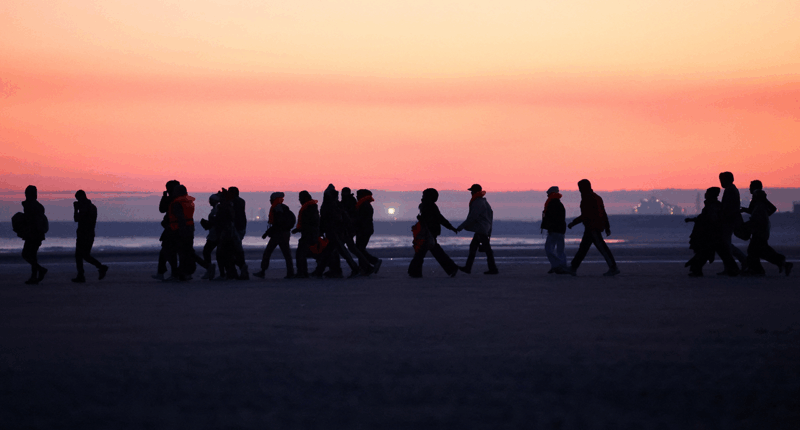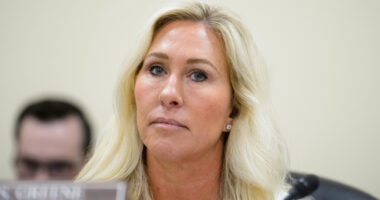Share this @internewscast.com
Significant reforms are on the horizon for Great Britain’s asylum policies, signaling longer waiting periods for permanent residency and the potential repatriation of asylum seekers once their home countries are deemed secure.
This transformation marks the most substantial revision of asylum policies in recent memory, taking inspiration from Denmark’s stringent approach, which has been intensely scrutinized by human rights organizations across Europe.
In response to the rising influence of the populist Reform U.K. party, known for its hardline stance on immigration, Britain’s Labour government is adopting a firmer position on asylum policies. This strategic shift aims to counteract the party’s growing appeal and align Labour’s policies more closely with the public’s concerns.
Among the proposed changes, the Home Office announced the removal of the statutory duty to offer housing and financial aid to certain asylum seekers. Additionally, the process to apply for permanent residency will extend from five to 20 years, while the initial refugee status duration will be reduced from five years to two and a half years. The regulations surrounding family reunification will become more restrictive, and there will be encouragement or compulsion for refugees to return home once their countries are deemed safe.
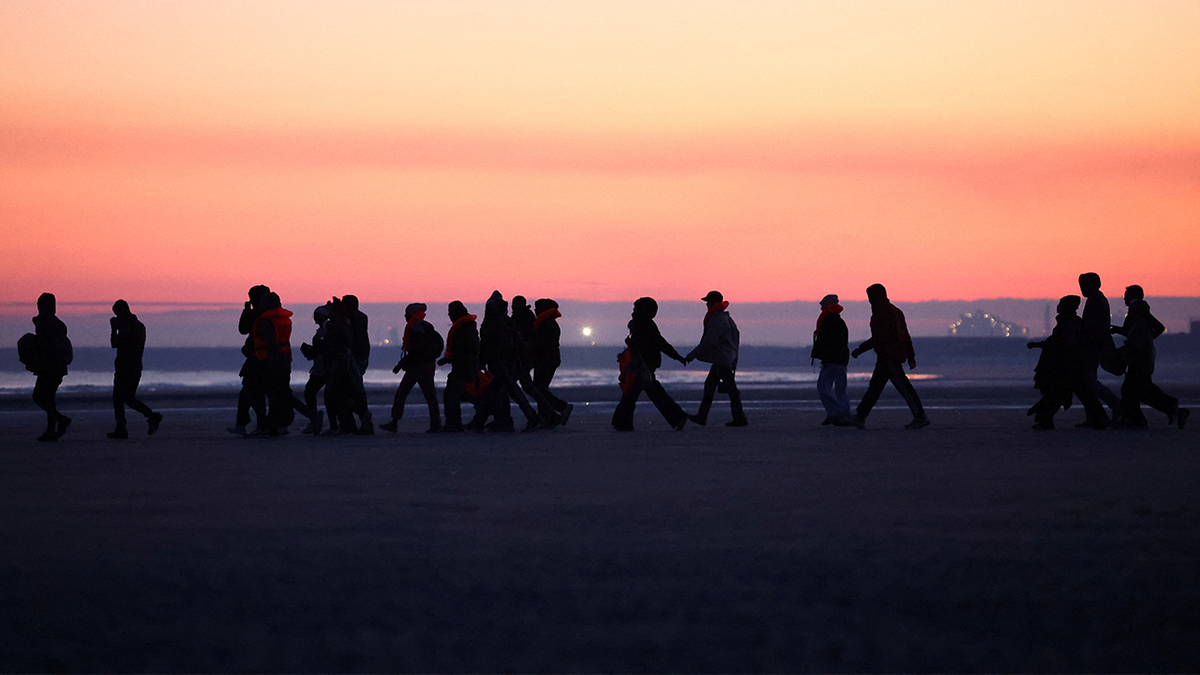
In a related scene, migrants continue to make perilous journeys across the English Channel. On September 27, 2025, individuals were seen traversing the beach at Petit-Fort-Philippe in Gravelines, near Calais, France, as they attempted to board inflatable dinghies to reach the UK.
It also said refugees would have to wait 20 years to apply for permanent residency instead of the current five years, the period of initial refugee status would be cut from five years to two and a half years, rules around family reunions would be stricter and refugees would be encouraged or forced to return to their home country once it is considered safe.
The department said the measures would apply to asylum seekers who can work but choose not to, as well as those who break the law. Taxpayer-funded support would be prioritized for people contributing to the economy and local communities.
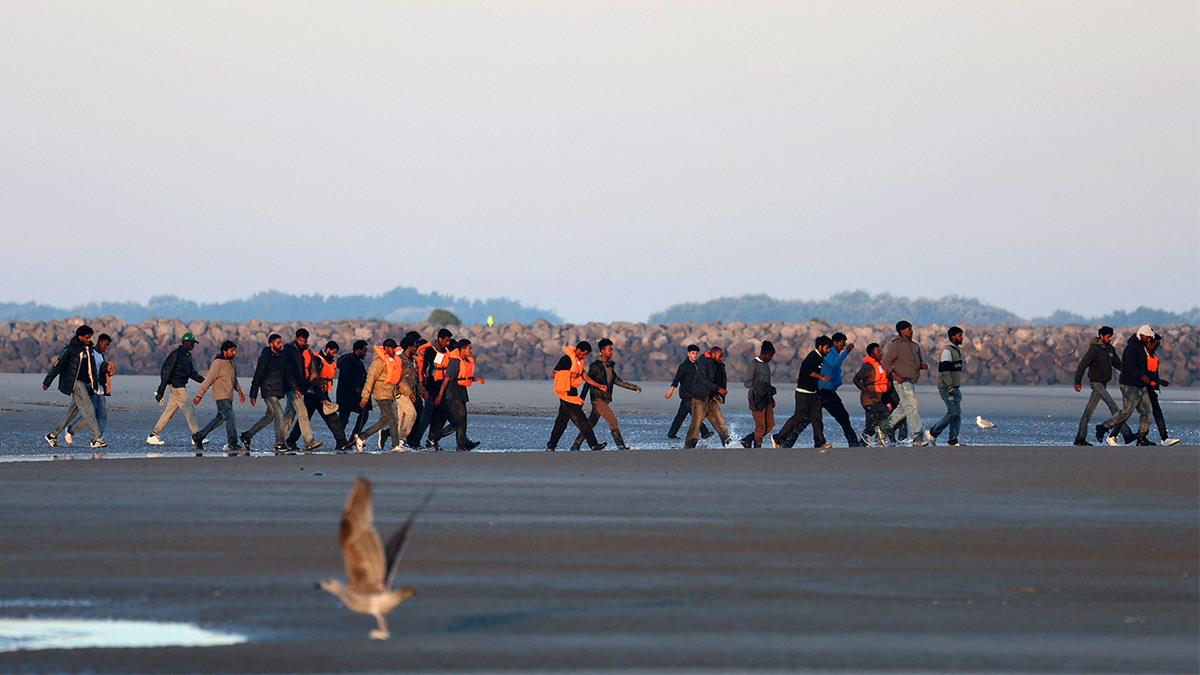
Migrants walk along the beach before trying to board an inflatable dinghy leaving the coast of northern France in an attempt to cross the English Channel to reach Britain, from the beach of Petit-Fort-Philippe in Gravelines, near Calais, France, August 25, 2025. (Reuters)
The Home Office said the changes aim to make the U.K. less attractive to illegal migrants and make it easier to remove people whose claims are denied.
“This country has a proud tradition of welcoming those fleeing danger, but our generosity is drawing illegal migrants across the Channel,” Home Secretary Shabana Mahmood said. “The pace and scale of migration is placing immense pressure on communities.”
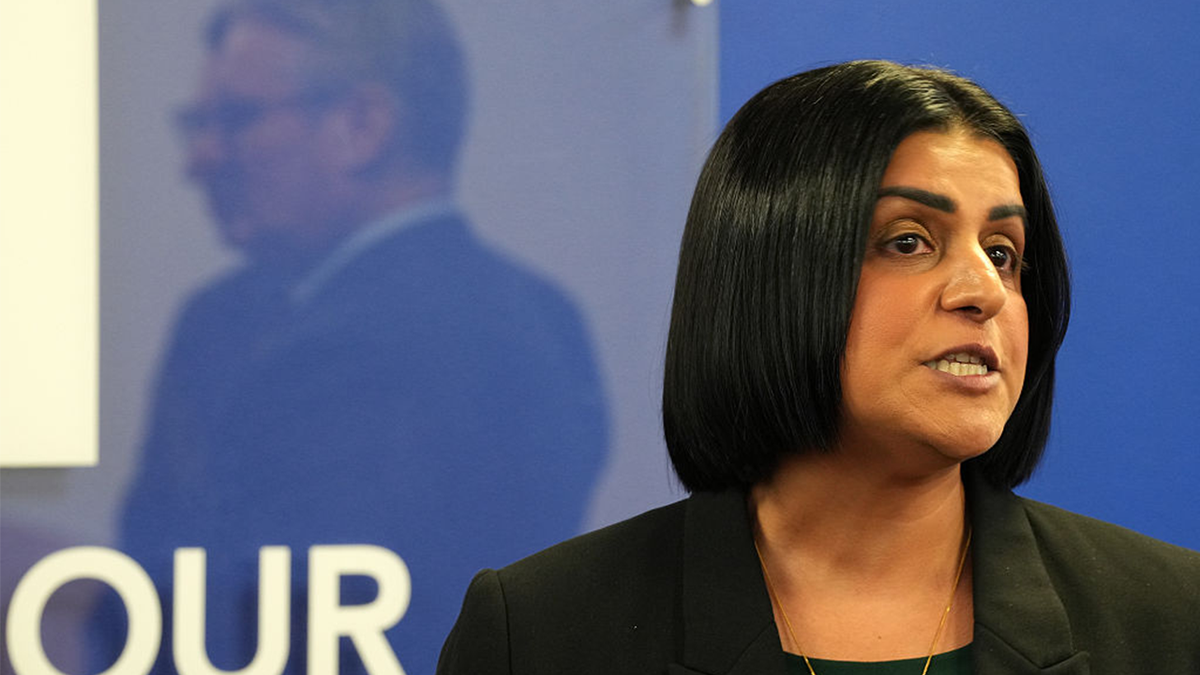
Home Secretary Shabana Mahmood said the changes aim to make the U.K. less attractive to illegal migrants and make it easier to remove people whose claims are denied. (Getty Images)
More than 100 British charities called on Mahmood to “end the scapegoating of migrants and performative policies that only cause harm,” arguing that the measures are fueling racism and violence.
Britain’s Refugee Council said on X that refugees do not compare asylum systems when attempting to flee danger. It said that they aim for the U.K. because of family ties, some knowledge of English or connections that can help them start over safely.
